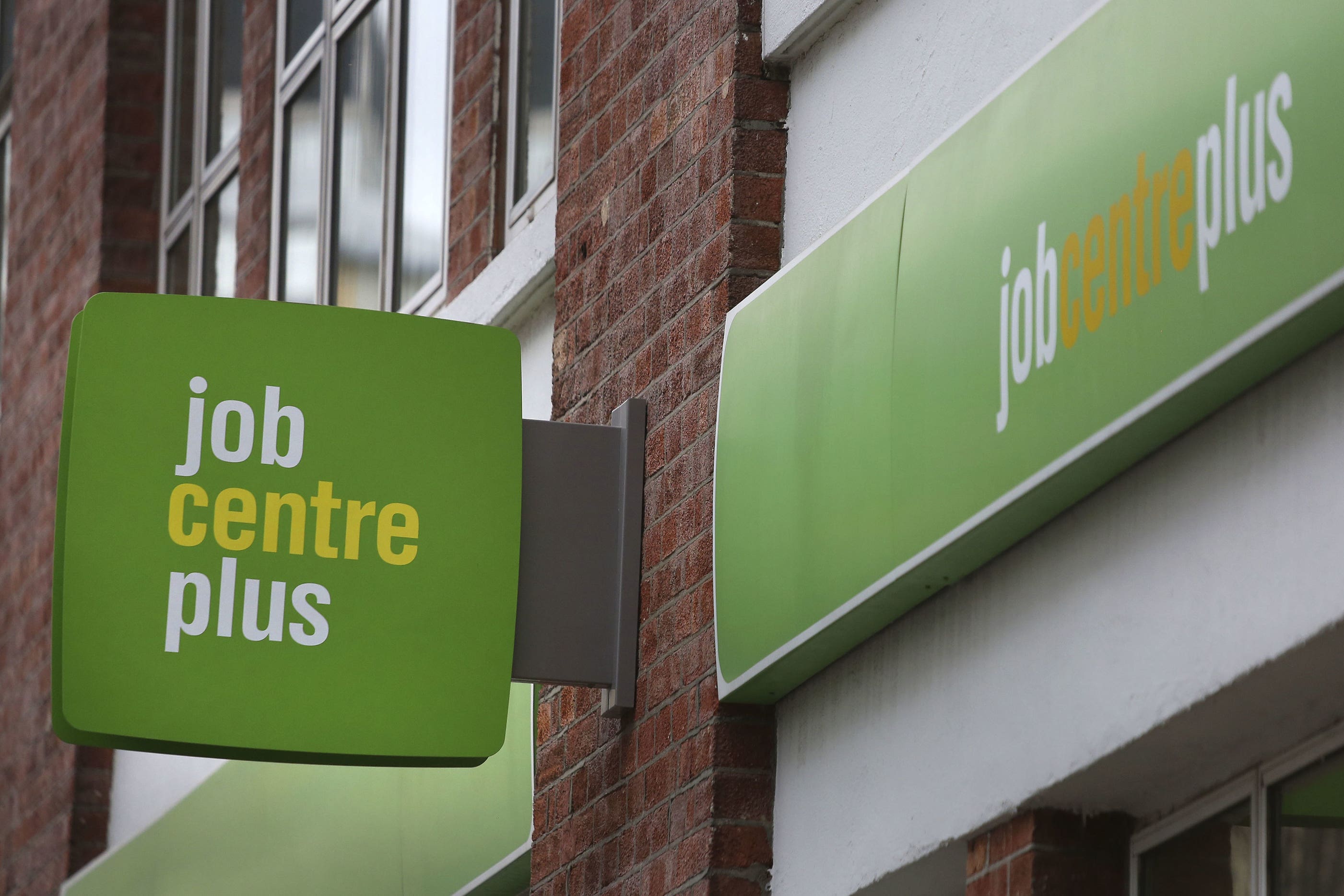Employment support services failing businesses and jobseekers, says think tank
The IPPR described the Government’s ‘any job first’ approach as ‘narrow and focused on the short term’.

Your support helps us to tell the story
From reproductive rights to climate change to Big Tech, The Independent is on the ground when the story is developing. Whether it's investigating the financials of Elon Musk's pro-Trump PAC or producing our latest documentary, 'The A Word', which shines a light on the American women fighting for reproductive rights, we know how important it is to parse out the facts from the messaging.
At such a critical moment in US history, we need reporters on the ground. Your donation allows us to keep sending journalists to speak to both sides of the story.
The Independent is trusted by Americans across the entire political spectrum. And unlike many other quality news outlets, we choose not to lock Americans out of our reporting and analysis with paywalls. We believe quality journalism should be available to everyone, paid for by those who can afford it.
Your support makes all the difference.The Government’s employment support system is failing both jobseekers and businesses and needs to be substantially reformed, a think tank has said.
The current approach of encouraging people to apply for “any job” in the first instance is not working, the Institute for Public Policy Research (IPPR) warned in a new report.
The Government has what it calls an ABC policy – with a view to helping jobseekers get “Any job first, a Better job next and into a Career”.
Employment support services provide support in name only, but they simply aren’t working. They are failing both businesses and jobseekers
But the IPPR described the approach as “narrow and focused on the short term”, saying that it limits a focus on sustainable, long-term goals, and warning that some 150,000 economically inactive disabled people who want to work are missing out on support.
The think tank said there must be more targeted support towards growth sectors such as renewable energy, arguing that the transition to net zero should offer the potential for significant jobs growth.
The organisation added that there is an “assumption that people have no intrinsic motivation to find work” which it said has led to “increasing use of the threat of financial penalties to drive engagement, despite evidence that this is counter-productive”.
One jobseeker quoted in the report said work coaches “need to be more accommodating to people’s skill sets and interests”, adding that the so-called any job approach is “demeaning and makes you feel invisible”.
Melanie Wilkes, associate director for work and the welfare state at IPPR, said: “Employment support services provide support in name only, but they simply aren’t working. They are failing both businesses and jobseekers. The Jobcentres’ approach of relying on sanctions to push people into jobs reinforces insecure, poor quality work and is simply a waste of everyone’s time.
“We need a new universal public employment service to help people get into, and progress in meaningful employment.”
Henry Parkes, IPPR principal research fellow and co-author of the report, said: “At a time when our whole economy is being held back by workforce challenges, it’s more urgent than ever to ensure everyone can access genuine help finding the jobs that work for them and their wider circumstances.
“Rethinking the system of employment support, so that work coaches can focus on finding solutions that work for both employees and employers, should be the first step towards a new universal service that works better for everyone – and for the UK economy.”
A Government spokesperson said: “Tailored, flexible advice and support is available from Jobcentre Plus as part of our core offer and falling levels of inactivity, down more than 300,000 since the pandemic peak, show our plan is working.
“We are investing an additional £3.5 billion over the next five years to deliver tailored employment support for jobseekers, focusing on what people can do, rather than what they can’t.
“With our expansion of free childcare, one-to-one work coach support, and new Universal Support programme, we are also helping millions of parents, older workers and the long-term sick return to the workforce.”